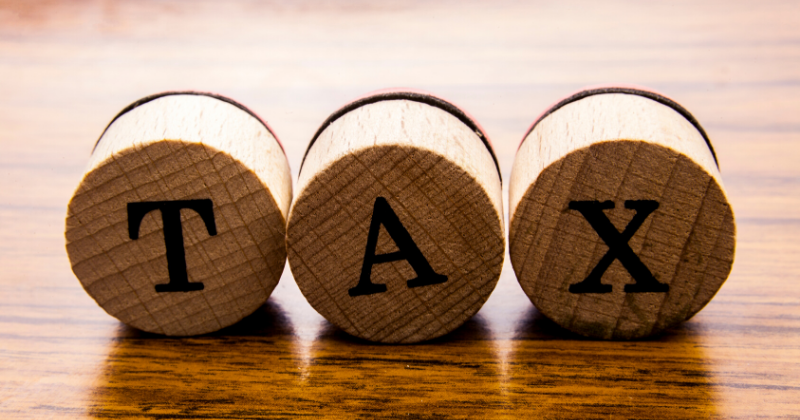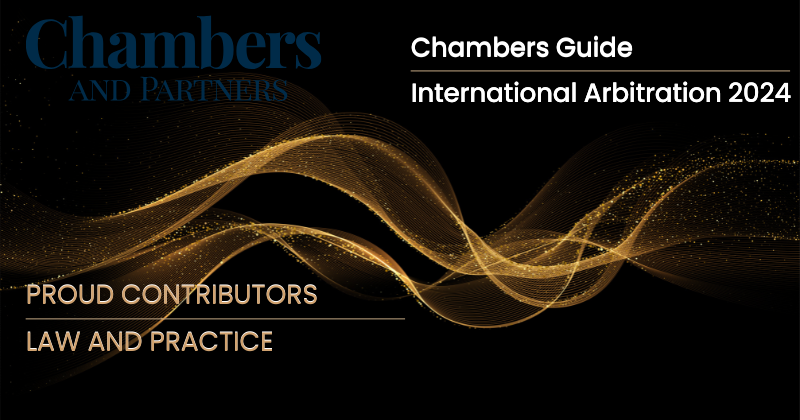Capital Gains Tax (CGT) is a tax payable under the Income Tax Act by a proprietor of land upon transfer of such land and/or buildings. In Kenya, CGT was re-introduced on 1st January 2015 after being suspended in 1985.
Kenya Revenue Authority (KRA) issued a public notice on 4th October 2016 requiring that CGT and Stamp Duty be paid through the KRA i-Tax online platform. This effectively meant that CGT and Stamp Duty would be paid simultaneously before any transfer of property could be completed. Prior to payment of Stamp Duty, a purchaser was required to present an approved CGT slip as proof of payment of CGT by the vendor or exemption therefrom as the case may be.
In September 2019, KRA introduced an additional layer to the transfer process by requiring approval and verification of all transactions declared as exempt from CGT.
Kenya Bankers Association (KBA) on behalf of licensed banks who were aggrieved by the mandatory requirement of presentation of an approved CGT slip prior to the payment of Stamp Duty by a purchaser, moved to Court (Kenya Revenue Authority v Kenya Bankers Associations [2020] eKLR) to challenge this requirement by the KRA . KBA argued that the requirement would place the burden of paying CGT that is ordinarily payable by a property owner on either a bank exercising its statutory power of sale to recover a debt or a purchaser in the circumstances.
The Court of Appeal considered the following issues among others:
- Whether when exercising the power of sale by, a chargee does so as a proprietor of the charge or of the land?
- Whether a chargee in exercise of the statutory power of sale is obligated to pay CGT?
- Whether CGT is a tax payable on the charged land or on the income of the proprietor of the land?
The Court of Appeal upheld the decision of the High Court that held as follows:
- that a chargee is a proprietor of the charge and not of the charged land.
- That a chargee in executing a transfer by charge does so as a nominee of the chargor by virtue of the charge and not as the proprietor of the land.
- CGT is a tax payable on the income of the proprietor of the land and is not a tax payable on the charged land.
The Court of Appeal concluded that requiring a chargee exercising its statutory power of sale or purchaser to pay CGT without first ascertaining whether there is in fact capital gain is unreasonable and unfair. KRA was directed to allow for payment of Stamp Duty on an instrument of transfer following the sale of land by a bank pursuant to a bank’s statutory power of sale, without requiring prior payment of CGT. (To view the decision click here)
Subsequent to the above decision, KRA published a notice on 23rd March 2020 dispensing with the conditional presentation of a CGT Acknowledgement Slip before Stamp Duty payment is processed. (To view notice click here).
Effectively, as soon as the necessary adjustments are in place, it will no longer be mandatory to present proof of payment of CGT prior to payment of Stamp Duty and registration of a disposition in land.
Landowners are however still liable to pay CGT only that the same can now be paid after completion of the transfer process. KRA has indeed emphasized that transfer of property will still attract CGT to be paid by the transferor on or before the 20th day of the following month in which the transfer of property is effected.
We are of the view that these changes will go a long way in expediting the transfer process. This will complement the government’s recent efforts of improving the ease of doing business in Kenya by creating efficiency in the transfer process and promoting investments in the real estate sector.
The content of this alert is intended to be of general information only and should not be relied upon without seeking specific legal advice on any matter.
Should you have any queries or questions on the legal alert, please do not hesitate to contact Nelly Gitau or Tesrah Wamache ([email protected]).





